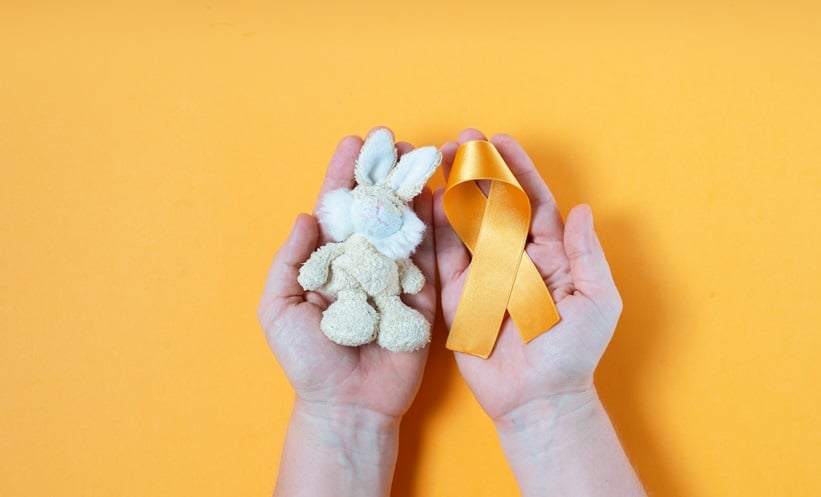A HISTORY of paediatric cancer has been linked to long-term cognitive challenges after treatment, affecting areas such as working memory and processing speed according to a recent study from Bern University Hospital, Switzerland.
The study examined the cognitive and psychosocial development of 57 patients, aged 4–16 years old, from the start of their cancer treatment to one year after completion with results showing a significant variability in cognitive outcomes. Approximately half of the patients showed stable or favourable cognitive development, with 51.9% improving or maintaining processing speed and 41.4% improving or maintaining working memory. However, 48.1% of the children showed a decline in processing speed and 58.5% showed a decline in working memory.
The study also highlighted the link between cognitive and psychosocial development as changes in prosocial behaviour were positively correlated with improvements in processing speed. Other factors, such as age at diagnosis and sex, also played a role in developmental outcomes, for example, younger patients tended to have lower processing speed at follow-up, while male patients were more likely to experience peer-related issues.
Quality of life (QoL) assessments revealed that while most patients maintained stable scores, 38.1% of parents reported a decline in their children’s QoL, however, the majority still rated their children’s QoL within the normative range.
These findings emphasise the importance of early, individualised monitoring and intervention. Protective factors such as cognitive and social resources may help mitigate the negative effects of cancer and its treatment, supporting cognitive recovery and social competence. It was concluded that further research is needed to explore risk and protective factors more deeply and to develop tailored therapeutic strategies that support both cognitive and psychosocial development in patients with a history of paediatric cancer.
The study underscores the complex and individual nature of cancer recovery, highlighting the need for targeted support systems for young patients as they navigate both cancer treatment and its long-term cognitive, and social, effects.
Katie Wright, EMJ
Reference
Schuerch K et al. Development of working memory, processing speed, and psychosocial functions in patients with pediatric cancer. Pediatr Res. 2024;DOI:10.1038/s41390-024-03512-w.








